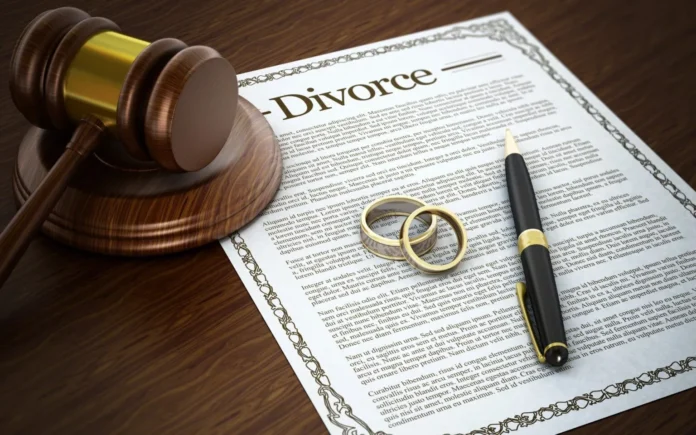A Nigerian counsellor explained how economic hardship could increase the divorce rate and broken homes in Nigeria.
In an interview with the News Agency of Nigeria, Dr. Jumoke Aina, an educator and mother, highlighted that broken homes often stem from divorce, separation, and abandonment.
She noted that marital conflicts, infidelity, financial difficulties, substance abuse, domestic violence, and incompatibility between partners could trigger these situations.
Aina pointed out that the children of broken marriages face severe consequences such as emotional distress, academic failure, and behavioral problems.
Additionally, individuals from broken homes tend to have higher rates of juvenile delinquency, crime, and substance abuse.
To mitigate these issues, Aina suggested providing access to professional counseling, which could help couples resolve conflicts and improve communication.
Prof. Folasade Alade, a specialist in family sex and marital counseling, also attributed marriage breakups to financial challenges, lack of communication, infidelity, incompatibility, and interference from in-laws.
She emphasized that the psychological and emotional impacts on children from broken homes include low self-esteem, depression, anxiety, and aggression.
“As a lecturer, I can easily identify students from broken homes. They tend to be aggressive, unhappy, and often become bullies,” Alade remarked. She stressed that broken homes have negative effects on society, particularly in educational institutions, as these children may influence their peers negatively.
Alade suggested that tolerance and patience in marriages could prevent broken homes. “Since marriage involves individuals from different backgrounds, a significant amount of patience and tolerance is essential,” she said.
Dr. Abimbola Oladotun, Founder of Happily Ever After Counselling, a non-governmental organization, described divorce as a disease that should be kept out of marital life. She explained that divorce deeply affects the bodies, hearts, and souls of those involved, and hardness of heart among partners is a major cause of broken marriages.
“Couples will inevitably hurt each other in various ways, but practicing ‘advance forgiveness’—deciding to forgive even before a wrong is committed—can help,” Oladotun said. She also mentioned that divorce often leads children to become miscreants.
Oladotun added that the concept of ‘leaving and cleaving’ would help reduce divorce and separation. “Many couples enter marriage without leaving behind their past mistakes, fears, and wrong assumptions about the other gender, which then play out in minor conflicts,” she said.
Lawyer and human rights activist, Mr. Kabir Akingbolu, noted that many modern marriages are hastily prepared and arranged, resulting in couples not truly knowing each other. “A broken home often produces irresponsible and psychologically imbalanced children who lack patience, leading to vices such as stealing and robbery,” he stated.
Akingbolu concluded by saying that addressing the root causes and implementing supportive measures could reduce the negative impacts of broken homes on society, fostering a healthier and more stable community.




